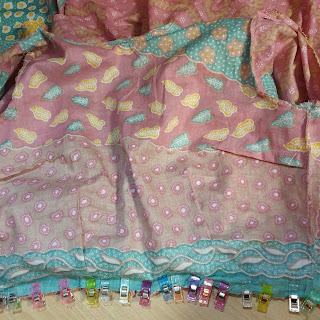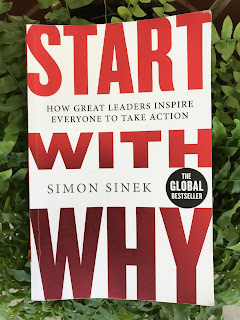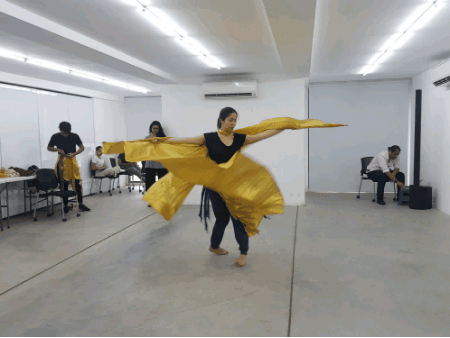Hi Teachers!
The school holidays have officially started and I hope you'll have a well-deserved break.
I retrieved the Zoom chat history under documents in my laptop and I'm answering some questions here which I didn't have a chance to during the live Q&A during e-AEC.
How do you know what to post?
Your intentions matter because that is what sustain your blog. Otherwise, it's very easy to start with a bang and ends with a whimper. My early blogs are here and here. I had two blogs for multiple reasons. First, I was teaching English, Math and Art to different classes so I wanted a platform to consolidate my observations and learning. Another reason is to communicate with the parents/ caregivers. If the parents knew what the children were learning in the classroom, they would be in a better position to help their own kids without texting me every other evening. Here's an email from a caregiver after our meeting:
To answer the question, I know what to post because I know my intentions and my audience.
How often do you post? How much content is in each post?
Once a week. No fixed rule. It's your blog! I mainly talk about one idea per blog post but it could be a post that needed some time to write. For example, if I were sharing about a lesson unit then it would be after a period of time when I've ended my lesson and then consolidate my thoughts and photos to prepare a post. For units that are too lengthy, I would separate them into different parts such as Part 1/ Part 2 in the blog title.
What are the platforms to get started?
Wordpress
Wix
Blogspot
Tumblr
Medium
I'm sure that there're other platforms that I have yet to try. It really depends on your user experience. There's no need to master coding to be able to blog. Choose the one that suits your style. For blogspot, there are some changes to the interface recently so you just need to adapt to the changes once in a while when using the hosting domain.
How do you make time for the blog?
I really want to say that I have more 'me' time compared to teachers who are parents. But we are all in different stages of our lives so it's actually pointless to compare. I have teacher friends who are parents so I know the amount of work in parenting. That said, I also put a lot of value on how I spent my time.
Since we all have the same amount of time to spend, it's important to have awareness of what keeps you going. Writing for me helps me to clear my headspace and is a therapeutic exercise. In fact, after writing, I feel more productive. I don't proclaim that I'm a writer or possess extraordinary writing skills, I'm still happy to able to express my opinions and do reflection. If you beg to differ, then look for another avenue that would sustain your interest.
Other habits that I have are to limit binge-watching movies, TV programmes or scrolling through social media feeds. Even if I do post on social media, I would just post and exit. Rest assured that I do have friends, since I do keep in touch with my friends, why would I still need to keep up with the social media posting? So, I don't. Another habit is I don't hang out with my friends every evening. Personally, I think this is a very time-consuming activity and it's very draining for me. However, this activity can also energise you depending on your personality. Time is really limited during the weekdays so I need to prioritise by going for Pilates classes and having adequate sleep and nutrition to function well and keep myself healthy.
Will your colleagues think that you are trying to "sell" and market yourself? Will it create a competitive spirit within your unit if someone doesn't like it?
I don't think this has happened to me because my intentions are to help others understand my work. In fact, I think this is a good sharing platform for people who prefer to be self-directed or too afraid to ask for help. Having a platform like this means you're vulnerable to a certain extent and you've to be prepared to accept more criticisms. As long as there is clarity, you'll have peace within.
That's all!






















































